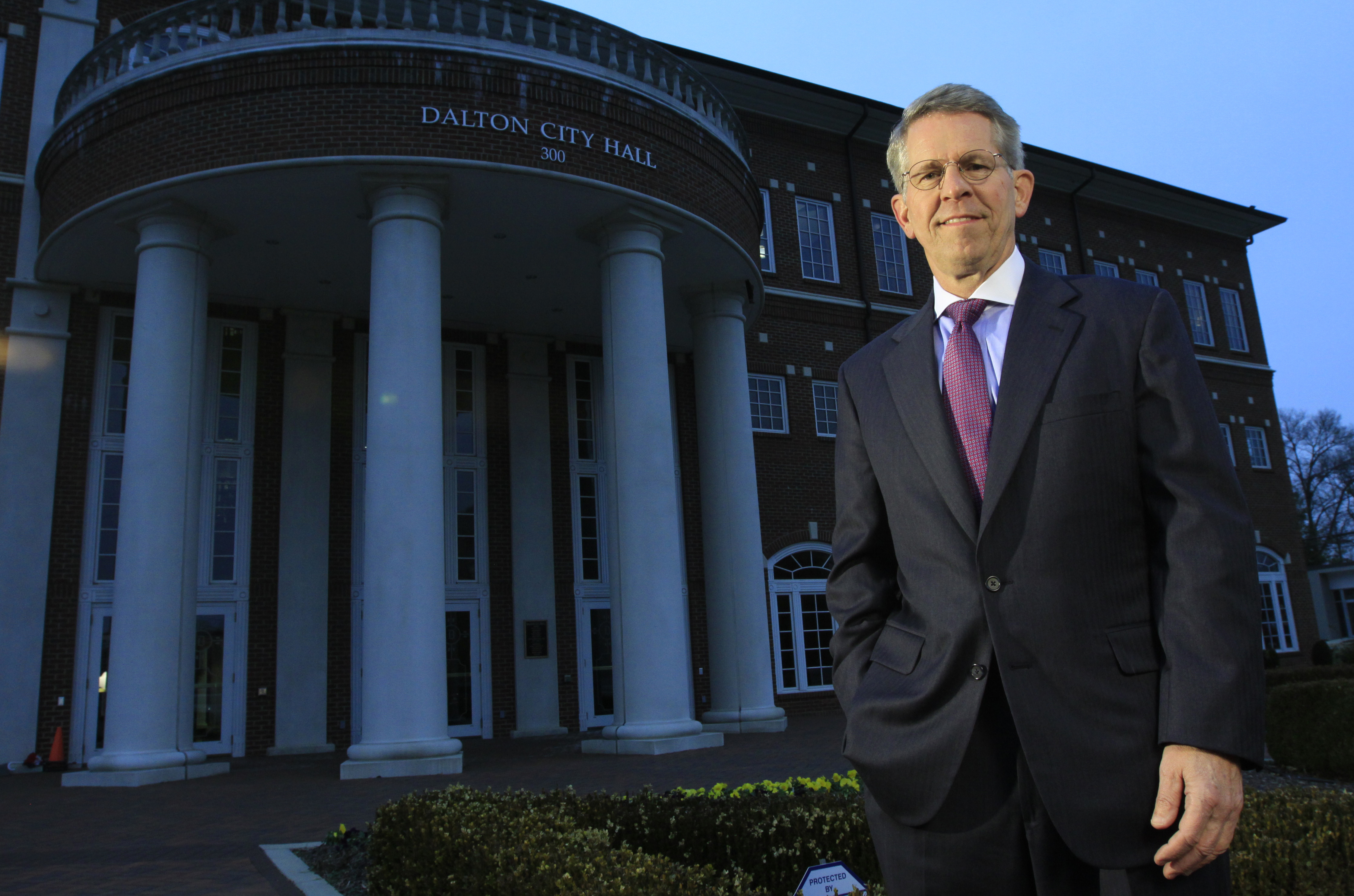North Georgia counties debate future of energy tax
Friday, January 1, 1904
North Georgia governments are trying to balance their competitive edge against the loss of hundreds of thousands of dollars in tax revenue each year.
Since the state Legislature voted in March to phase out the energy excise tax on electricity and fuel costs for manufacturers, the issue is whether counties should levy a local excise tax of 1 or 2 percent.
The 4 percent state tax on the cost of energy used in manufacturing will be phased out at 25 percent per year through 2016.
Georgia was one of the few states in the Southeast with such an excise tax. Some local leaders don't want to adopt a local tax, saying they shouldn't do anything to deter businesses from coming to their counties.
"We're definitely not going to keep it," said Dalton Mayor David Pennington. "It hurts the budget, but what hurts the budget more than anything is lack of jobs."
Whitfield leaning against
Leaders in Whitfield County - who estimate the phase-out will cost about $800,000 a year - likely will not vote for a tax.
Walker and Catoosa county leaders haven't decided what to do, but Walker officials fear they'll be at a disadvantage if they adopt a tax and surrounding counties do not.
However, on Aug. 27, Walker County Sole Commissioner Bebe Heiskell told city and county officials she doesn't know if she can afford to give up the revenue.
Walker hasn't calculated the potential loss, but several cities, including LaFayette and Chickamauga, estimate they each will lose more than $150,000 a year.
LaFayette leaders said they were planning to let the tax end if the county does the same. But Chickamauga officials say it's a small price for the businesses to pay to help the entire area.
"We're not putting a new tax on anybody," said Chickamauga City Manager John Culpepper. "We're just asking them to pay their fair share of the property tax relief for everyone that lives in the city of Chickamauga."
But at that Aug. 27 meeting, a Walker County Chamber of Commerce official handed out a letter lobbying against a local energy excise tax.
"We are concerned that if city and/or county governments decide to impose an excise tax ... it would undermine the intent of the bill and would also jeopardize the competitiveness of the manufacturers in Walker County," the letter read.
